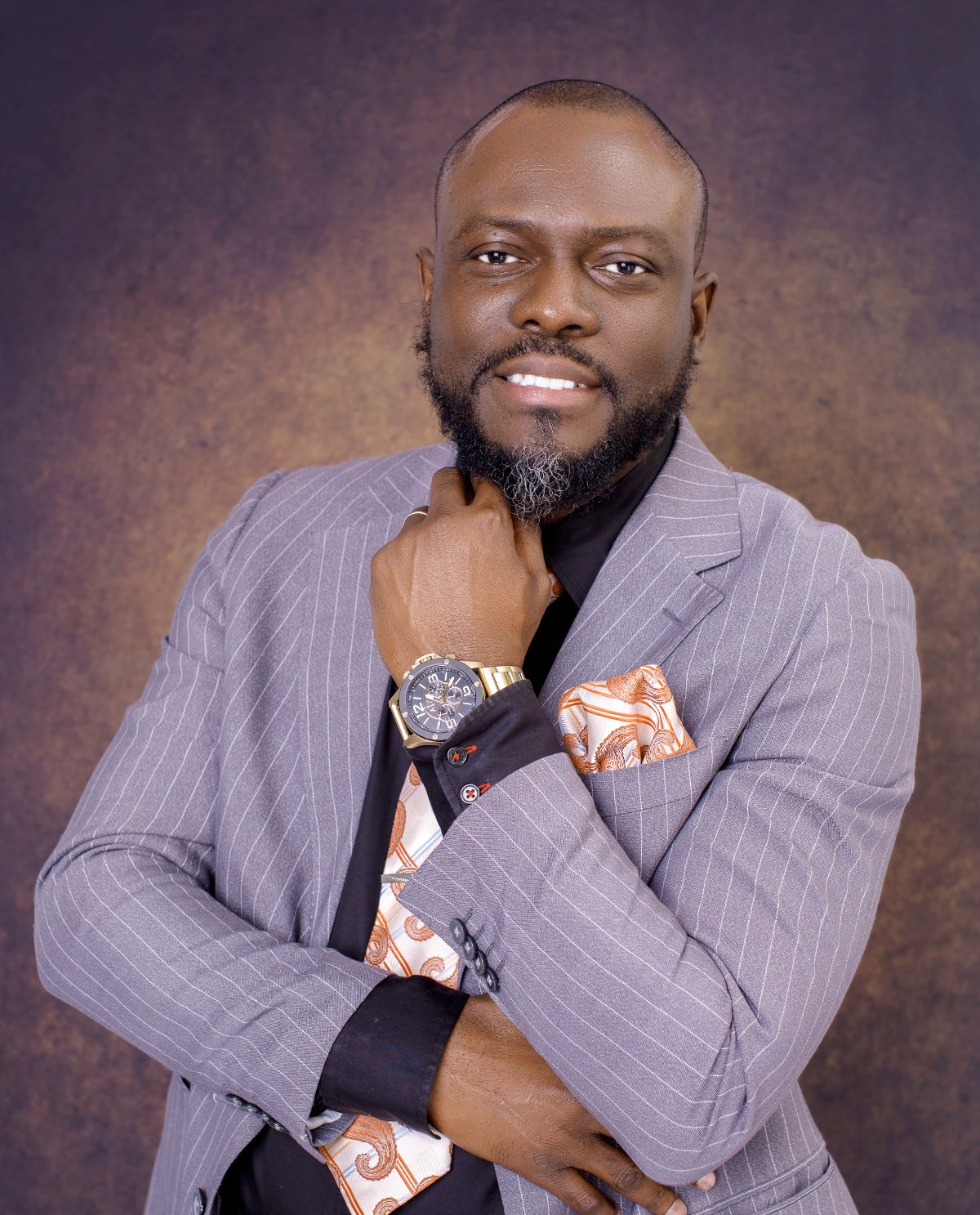WSU’S DR MBODILA JOINS GLOBAL TASK FORCE TO SHAPE THE FUTURE OF AI IN EDUCATION
 WSU Manager for the Student Tracking Unit, Dr Munienge Mbodila is poised to help shape ethical and inclusive Artificial Intelligence education globally as he steps up to serve in the Association for Computing Machinery (ACM), the world's largest educational and scientific computing society.
WSU Manager for the Student Tracking Unit, Dr Munienge Mbodila is poised to help shape ethical and inclusive Artificial Intelligence education globally as he steps up to serve in the Association for Computing Machinery (ACM), the world's largest educational and scientific computing society.
In June 2025, Mbodila, was appointed to serve in ACM’s Task Force Working Group on Ethical and Societal Impacts of Generative AI in Higher Computing Education.
This international task team made up of leading scholars is focussed on developing curriculum guidance and ethical frameworks for the integration of generative AI technologies in foundational computer science courses.
Mbodila, who also serves as a senior IT lecturer at WSU, was appointed to the task force largely due to his extensive research in the field as well as his experience in teaching.
“Personally, and professionally, this role allows me to shape how future computer scientists are taught to use AI responsibly. I will help define ethical guidelines, curricular recommendations, and best practices for integrating generative AI in higher education,” said Mbodila.
In recent years, the use of generative AI tools such as ChatGPT and GiHub Copilot has increased exponentially, causing concern around its impact on student learning.
Mbodila asserted that while programming courses are meant to build problem-solving skills through syntax, debugging, and hands-on practice, AI tools automated much of that process, cutting out the trial-and-error that is key to real learning.
“While these tools offer efficiency, overreliance risks eroding the very skill that defines computer science: the ability to think algorithmically. AI can generate optimised code instantly, but without deeper understanding, students may struggle to analyse trade-offs or adapt solutions creatively,” said Mbodila.
As part of the ACM task force, the WSU lecturer will help develop guidelines and conduct landscape analysis for core computer science courses (CS1, CS2, and CS3), bringing in Southern African perspectives to shape more inclusive and relevant curricula.
“Most generative AI systems are trained on data from high-resource contexts, neglecting linguistic diversity and marginalising indigenous knowledge systems. in Sub-Saharan Africa, where over 60% of the population lacks reliable broadband access, AI-driven education tools designed for high-bandwidth environments further exacerbate inequities,” Mbodila remarked.
Having taught at WSU which serves a largely marginalised population of the Eastern Cape, Mbodila’s perspectives stand to bring about valuable insights to shape teaching and learning of AI, taking into consideration the circumstances of underprivileged populations.
“This initiative strongly supports Walter Sisulu University’s vision of evolving into an "impactful, technology-infused African university" and has the potential to drive significant change in computing education by prioritising ethical, inclusive, and context-aware AI integration, particularly for institutions serving rural and under-resourced communities,” he said.
By Yanga Ziwele
